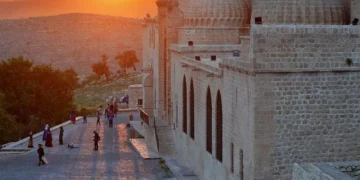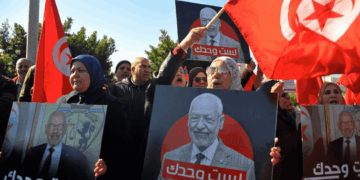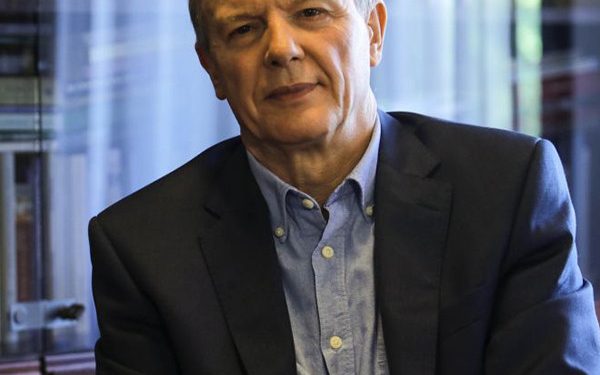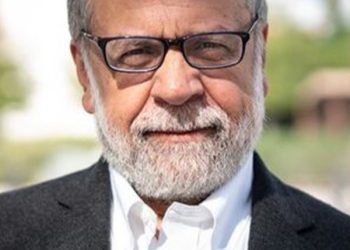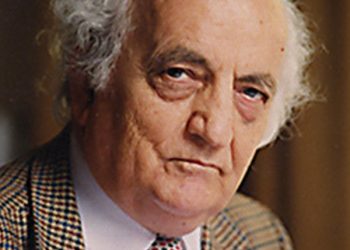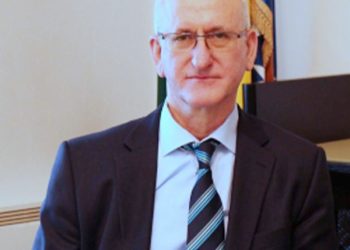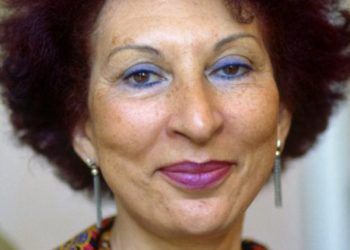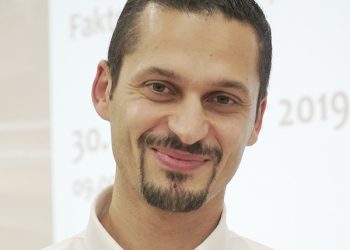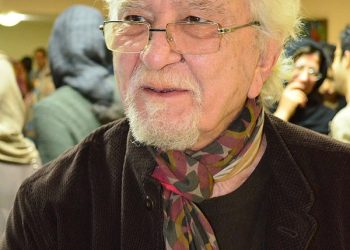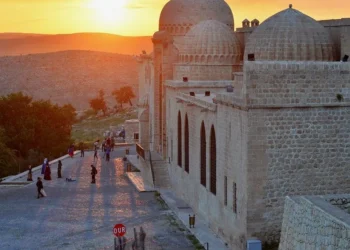Born in 1958 in Bosnia and Herzegovina, Enes Karic completed his primary school education in 1973 in Travnik and his high school education in 1978 at Gazi Husrev Bey Madrasah. He graduated from Sarajevo State University in 1982 with a bachelor’s degree in Political Sciences and Islamic Sciences. He completed his master’s degree in Philosophy at the same university. He wrote his master’s thesis on “The Relationship between Greek and Islamic Philosophy in the Encyclopedia of Ikhwan al-Safa”. In 1981, he started working as an assistant in tafsir (Qur’anic exegesis) at the Faculty of Islamic Sciences in Sarajevo. He completed his doctorate in Philology at the University of Belgrade in 1989.
In 1991, he became a professor in the field of tafsir. In addition to his academic life, he also added political life, serving as the Minister of Education, Science, Culture and Sports in the government of Haris Silajdžić in 1994-96. In 2003, Karic resumed his academic career and became Dean of the Faculty of Islamic Sciences at the University of Sarajevo, a position he held until 2007. During the same years he lectured on Islamic Culture at the University of Ljubljana and at the Institute for the Study of Religion at the University of Graz. He has been invited to lectures on philosophy, tafsir, the history of the interpretation of sacred texts and globalization at many universities. Since 1990, he has been a board member of the Al-Furqan Foundation for the Preservation of Islamic Manuscript Heritage, founded in London in 1991 by Ahmed Zaki Yamani.
He has also served on the board of the Journal of Islamic Studies (Pakistan) and the American Journal of Social Sciences. In the summer of 2002, he became an active member of the Royal Jordanian Academy (Alu l-Bayt). He was also a member of the editorial board of the Faculty of Islamic Sciences, Muslim Voice and Ljiljana Proceedings. He was the editor of the Annals (Gazi Husrevbey Library in Sarajevo. To date, he has published debates, translations (from Arabic and English), essays, polemics and book reviews in Sarajevo, Zagreb and Belgrade newspapers and magazines. These newspapers and magazines included Islamic Thought, Dialogue, Life, Culture Worker, Philosophical Research, Eastern Cultures, Signs of the Times, VIS Gazette and Calendar, Faces, Expression, Muallim, Oslobodjenje, Dnevni Avaz, Erasmus, Slovo. The daily newspaper Aš-Sharq al-Awsat, the Kuwaiti magazine al-Mujtama’a, and the Riyadh magazine Al-Faisal published many works in Arabic on Islam in Europe, the meeting of civilizations. The same magazine also published a study on the life and works of the great Bosnian scholar Mehmed Handzic.
Enes Karić has also published several articles dedicated to Islam in Europe and Euro-Islamic cultural heritage. He has interviewed renowned professors of Islamic sciences such as Seyyed Hussein Nasr, Annemarie Schimmel, Abdalwahab Bouhdiba, Abdulhakim Murad, as well as King Hassan II of Morocco. Enes Karic’s other most important work has been his research on the presence of Islam in Europe. According to Karic, who also researched the presence of Islam in the society in Bosnia and Herzegovina from past to present, Bosniaks are Europeans according to their provinces, the color of their skin, their Slavic roots and the land they live in, but on the other hand, Bosniaks are Muslims according to the fate they are exposed to in Europe, their beliefs and their sense of cultural belonging. Therefore, he stated that Bosniaks live in a kind of paradox (Karic, 1997).
References
Karic, E. (1997). Islam in contemporary Bosnia: A personal statement. Islamic studies, 36 (3), 477-482.








